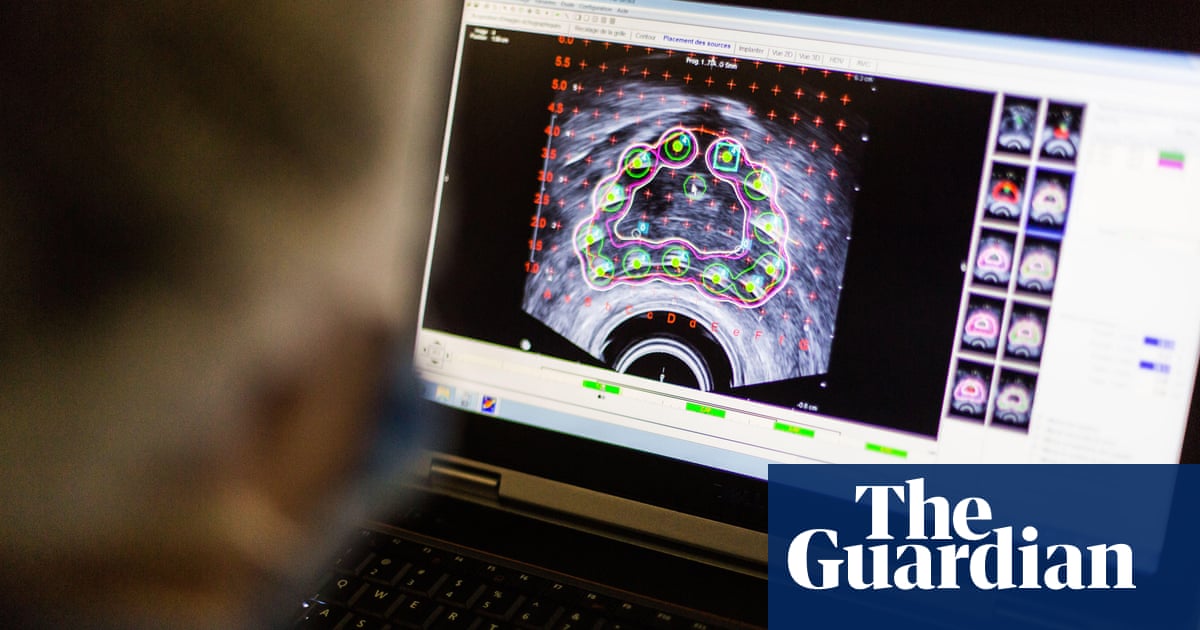Scientists have discovered genetic mutations that could help explain why Black men are at higher risk of developing prostate cancer than those of other ethnicities. The findings could lead to a test to identify those at greatest risk of developing the disease, enhancing survival rates.
Prostate cancer is the most common cancer among British men, with about 52,300 new cases and 12,000 deaths recorded in the UK each year. Black men are twice as likely to be diagnosed and 2.5 times more likely to die from the disease compared with white men.
The reason for this disparity is unclear, but differing levels of a protein called the androgen receptor are suspected to be involved. Male hormones such as testosterone bind to it, sending a signal to cancer cells telling them to carry on growing and dividing. Yet while previous studies have suggested Black men have higher levels of androgen receptor, no one has really understood why, until now.
A key problem has been that the genetic databases researchers use to hunt for sequences that could help to explain such differences are largely based on DNA from white men. âThere wasnât really much information on the different frequencies of mutations across populations to explain why Black men are more likely to develop prostate cancer,â said Dr Greg Brooke, a senior lecturer at the University of Essex, who co-led the research.
To overcome this problem, Dr Antonio Marco, also at the University of Essex, developed an approach that searches for differences in the regulatory regions of genes, while taking recently gleaned information about differences in human populations into account.
They used this tool to analyse DNA from more than 75,000 people from diverse populations worldwide, searching for regulatory regions that may explain why Black men produce higher levels of androgen receptor.
The research, which has not yet been published, identified mutations in three regions of DNA that control androgen receptor levels. âThese specific changes to the genetic code [mutations] are frequently found in men with African ancestry while they are virtually absent in men of European ancestry,â said Marco.
They also identified hundreds of other mutations that differ across populations and may affect menâs risk of prostate cancer. These discoveries may ultimately lead to a genetic test that could predict which subset of men are most likely to develop the disease. âSuch tests could revolutionise the management of this disease in a similar way that mammograms have for breast cancer,â Brooke said.
Dr Naomi Elster, the director of communications at Prostate Cancer Research, which funded the study, said: âFor far too long, people have known about the prostate cancer disparity between Black and white men and not done enough about it. This vital research is changing that, giving us some much-needed answers about why Black men are at greater risk.
âWe hope it will lead the way to us being able to identify Black individuals who should be tested more regularly and perhaps given different treatments, helping to close the gap in survival.â







